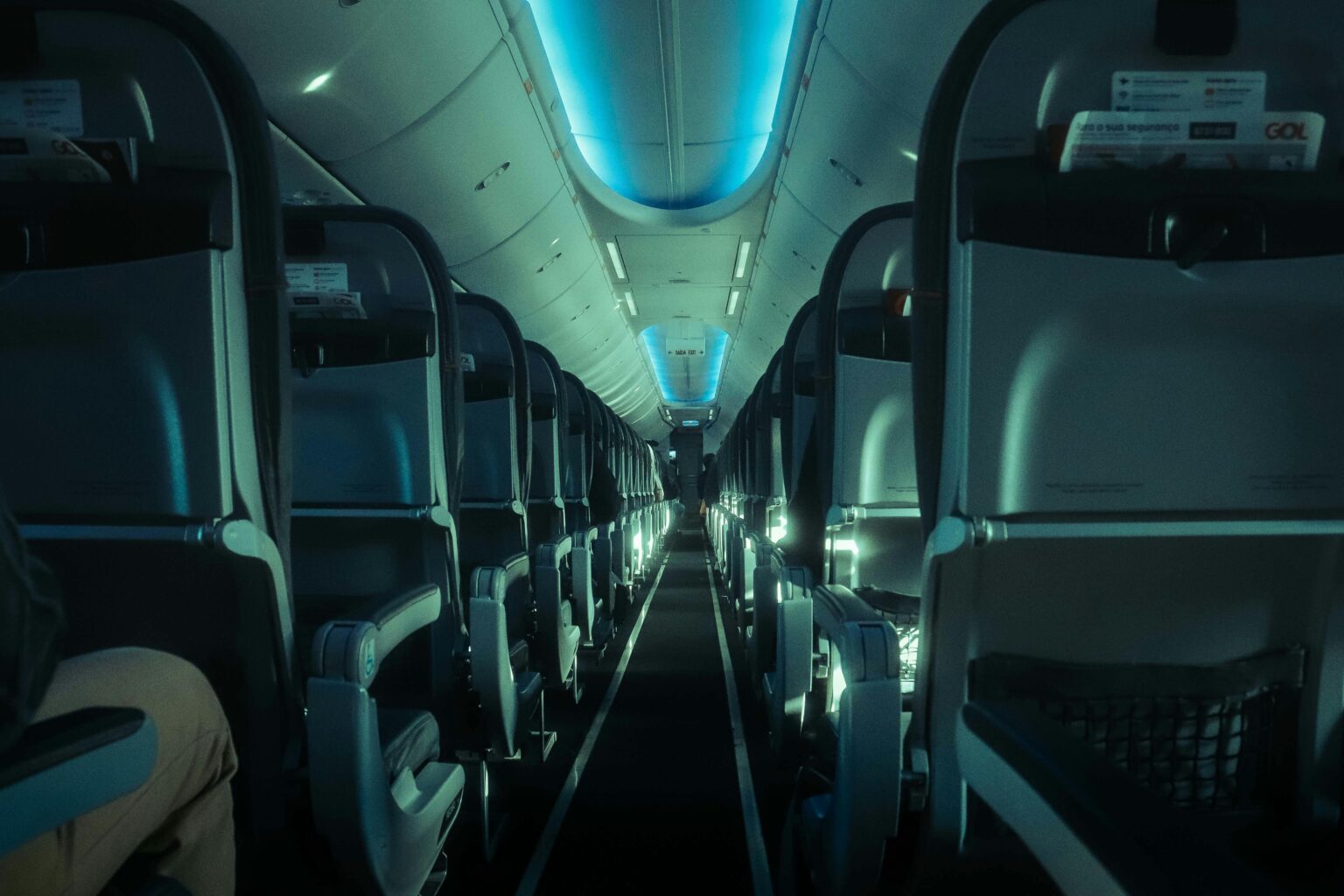Brazil’s Administrative Council for Economic Defense (CADE), through its Office of the Superintendent General (SG), has dismissed the administrative procedure concerning the recently announced codeshare agreement between domestic carriers Azul Linhas Aéreas and Gol Linhas Aéreas. The SG concluded that the current state of the agreement does not meet the legal criteria for mandatory pre-merger notification.
The decision follows a comprehensive analysis launched after the May 2024 announcement that Azul and Gol would integrate their networks and frequent flyer programs through a broad commercial cooperation. The codeshare agreement covers domestic routes operated by one airline and not the other, creating approximately 2,700 new travel combinations with only one connection. The companies emphasized that overlapping routes—those served by both Azul and Gol—are excluded from the partnership.
The collaboration also allows customers of Azul Fidelidade and GOL’s Smiles programs to earn points or miles interchangeably on codeshare flights, regardless of which carrier’s sales channel is used. Passengers will be able to book flights through either airline and benefit from increased travel options, especially for cities previously underserved or unconnected in the individual networks. The codeshare is expected to become operational in late June 2024.
Upon the public disclosure of the agreement, CADE’s SG initiated a proceeding to determine whether the cooperation constituted a reportable transaction under Brazilian merger control laws, or if the parties had engaged in “gun jumping” — implementing a transaction without prior antitrust approval.
The SG evaluated the arrangement using the four criteria outlined in CADE Resolution No. 17/2016, namely:
- Whether the agreement has been in effect for at least two years;
- Whether it establishes a joint venture;
- Whether the parties are sharing revenues and risks;
- Whether the parties remain competitors in the relevant market.
While the SG concluded that the agreement, once fully implemented, would meet all four conditions qualifying it as a merger subject to notification, it also found that:
- The agreement had not yet reached the two-year mark;
- It had not been fully implemented; and
- Both companies maintained competitive independence during the review period.
Therefore, CADE determined that the codeshare agreement, in its current form, does not trigger notification requirements under Law No. 12.529/2011.
However, the SG emphasized that this assessment is limited to the present state of the cooperation. Should the partnership continue beyond two years or be fully operationalized in ways that deepen integration, Azul and Gol will be obligated to notify CADE. A formal merger review would then be conducted to assess the competitive implications in the Brazilian aviation market.
News of the codeshare triggered a sharp rally in both airlines’ stock prices when first announced in May 2024, as investors interpreted the move as a potential step toward a future merger. The carriers operate around 1,500 daily flights combined and dominate much of Brazil’s air travel landscape.
Executives from both airlines hailed the agreement as a initiative to boost connectivity, passenger convenience, and network efficiency. Abhi Shah, President of Azul, noted that the deal brings together Azul’s extensive reach across Brazil’s interior with Gol’s strong presence in major hubs. Gol CEO Celso Ferrer added that the agreement enhances domestic options for consumers, complementing Gol’s 60+ international commercial partnerships.
Passengers will benefit from simplified booking, expanded destination options, and smoother baggage handling and check-in procedures across both carriers. While the agreement stops short of a full merger, it increases operational interdependence between the two companies—making CADE’s continued scrutiny likely if deeper integration follows.
